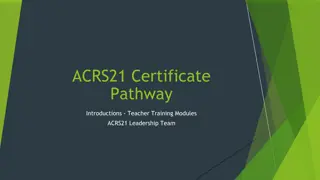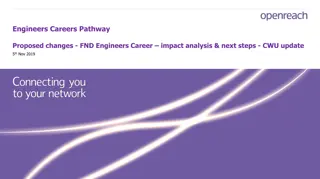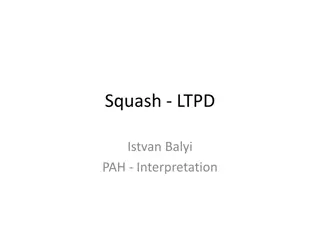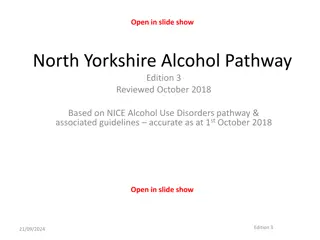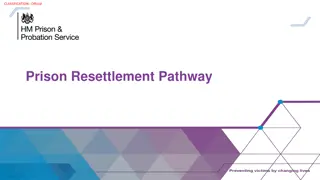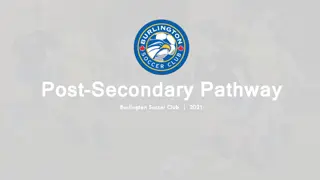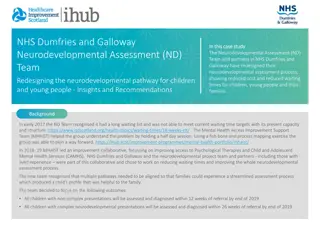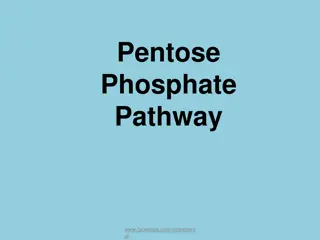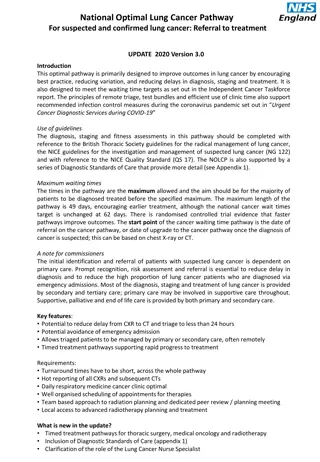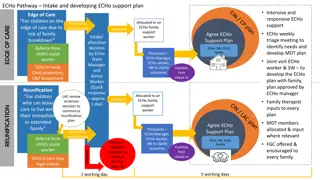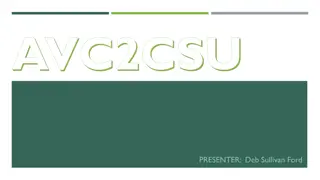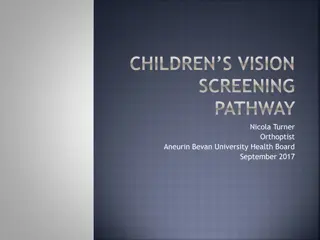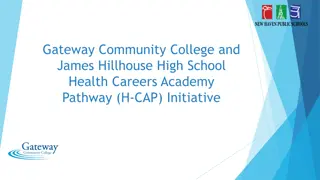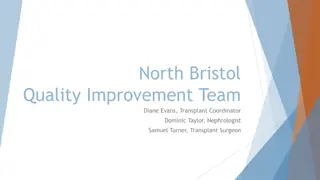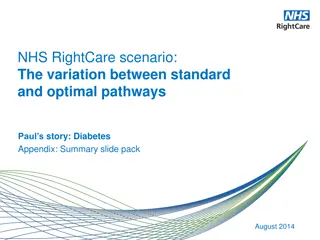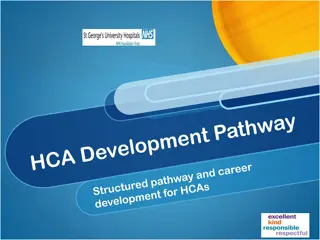Understanding T Levels: The New Pathway to Skills and Opportunities
T Levels are a vital two-year qualification designed for 16 to 19-year-olds, bridging the skills gap for employers and empowering students with practical skills and workplace readiness. With a mix of classroom learning and industry placements, T Levels offer a technical alternative to traditional post-16 education options, opening doors to skilled employment, higher education, or apprenticeships.
Download Presentation

Please find below an Image/Link to download the presentation.
The content on the website is provided AS IS for your information and personal use only. It may not be sold, licensed, or shared on other websites without obtaining consent from the author. Download presentation by click this link. If you encounter any issues during the download, it is possible that the publisher has removed the file from their server.
E N D
Presentation Transcript
Simonetta Pearce Careers Lead and School Partnerships Coordinator
What are T Levels? T Levels are a new two-year qualification for 16 to 19 year olds. Designed with employers, eachT Level is equivalent to 3 A Levels and will help young people develop the knowledge, attitude and practical skills to thrive in the workplace. Entry requirements 5 GCSE s, grades 4/C 9/A*, including English and Maths T Levels will offer learners a mixture of classroom learning and on-the-job experience during an industry placement of at least 315 hours (approximately 45 days). They will provide the knowledge and experience needed to open the door into skilled employment, higher-level study or an Apprenticeship.
Why are they needed? Many employers face a skills shortage that could impact the future success of their businesses. In response, the government has worked alongside more than 220 employers to design T Level courses that deliver the skills organisations need. T Levels are part of the government s plan to simplify vocational education and create a system that you can trust and understand. They ll provide a clear and high- quality, technical alternative to the current range of post-16 education and training options. T Levels will become one of the main choices for learners after leaving school, alongside Apprenticeships and A Levels.
Technical Qualification Aspect Content Assessment Grading Planned Hours Core Component Knowledge and understanding of concepts, theories and principles External assessment and employer set project A*-E Ungraded 20%-50% of qualification time Occupational Specialisms Knowledge and skills needed for specialist threshold competence; one or more Synoptic assessment Pass, Merit or Distinction ungraded 50%-80% of qualification time
CCSW T Level Offer 2021 Route Pathway Campus Construction Design, Surveying & Planning for Construction Crewe and Ellesmere Port Building Services Engineering for Construction Ellesmere Port Digital Digital Production Design & Development Crewe and Ellesmere Port Science and Health Health Crewe and Ellesmere Port Healthcare Science Crewe and Ellesmere Port Science Crewe and Chester Education and Childcare Early Years Educator Crewe Teaching Assistant Crewe
T Level Preparation Support Telephone Guidance Interviews Virtual Open Day Virtual Experience Evening T Level webinar for stakeholders Applicant Portal
Questions? Simonetta Pearce Careers Lead and School Partnerships Coordinator Simonetta.pearce@ccsw.ac.uk


